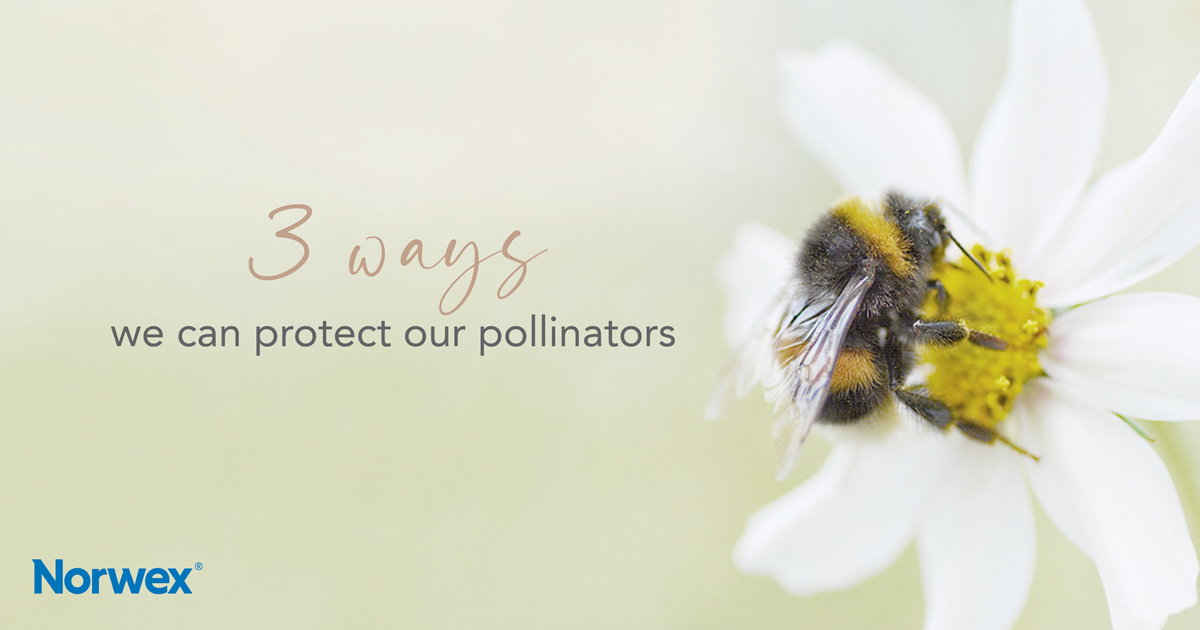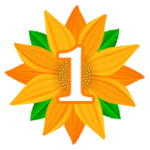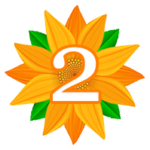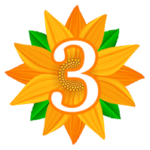

We all know that bees are an essential part of life because of their important role in pollination. But did you know that they’re not the only pollinators around? Other creatures like birds, bats, butterflies, moths and small mammals are also responsible for pollinating our plants. It’s thanks to them that our flowers, veggies, grains and other essential plants are given the pollen they need to continue thriving.
Pollinator Week is June 21–27! This international event is celebrated annually in support of pollinator health. In honor of bringing some buzzing awareness, we’re sharing some facts about these helpful critters and tips for how you can give them a helping hand.
This process occurs when pollen grains from the male part of one flower, known as the anther, are transferred to the female part, the stigma, of another flower. Once pollination occurs, the fertilized flowers produce seeds, which enable the associated plant to reproduce and/or form fruit. These grains can be transferred in different ways, like through the wind, rain and, of course, by our pollinator pals.
Beyond bees, pollinators include other insects, birds and many small mammals! Here’s a list of some familiar ones that you may see every day:
• Butterflies
• Moths
• Ladybugs
• Hummingbirds
• Bats
• Geckos
 The easiest way to make the biggest impact is by planting native plants. Creating accessible plants and landscapes is the best way to give all pollinators exactly what they need. Plus, by planting native flora, you can help your local environment and ecosystem! For example, here in our home office of Coppell, we could plant verbena, hibiscus, or yellow roses! You can easily check what plants are native to your area and can best thrive in the environment.
The easiest way to make the biggest impact is by planting native plants. Creating accessible plants and landscapes is the best way to give all pollinators exactly what they need. Plus, by planting native flora, you can help your local environment and ecosystem! For example, here in our home office of Coppell, we could plant verbena, hibiscus, or yellow roses! You can easily check what plants are native to your area and can best thrive in the environment.
 Reducing and eliminating the use of pesticides is another way you can make a huge impact. Pesticides harm or kill many insect pollinators, putting many of them at risk. Many pesticides remove important floral resources, causing subtle yet concerning effects on reproduction, navigation and memory and high-profile incidents when pesticides kill bees. Exposure to pesticides can also lead to the effects of other stressors on pollinator populations, such as loss of habitat and exposure to pathogens and diseases. Plus, pesticides are filled with harmful chemicals that can wind up on our fruit and vegetables, and even in the water we drink.
Reducing and eliminating the use of pesticides is another way you can make a huge impact. Pesticides harm or kill many insect pollinators, putting many of them at risk. Many pesticides remove important floral resources, causing subtle yet concerning effects on reproduction, navigation and memory and high-profile incidents when pesticides kill bees. Exposure to pesticides can also lead to the effects of other stressors on pollinator populations, such as loss of habitat and exposure to pathogens and diseases. Plus, pesticides are filled with harmful chemicals that can wind up on our fruit and vegetables, and even in the water we drink.
 Support your local beekeepers! Buying local is always advantageous to your area, especially when it comes to beekeepers. By supporting their hives, they can continue to care for bees and provide goods like local honey, wax and other products!
Support your local beekeepers! Buying local is always advantageous to your area, especially when it comes to beekeepers. By supporting their hives, they can continue to care for bees and provide goods like local honey, wax and other products!
And that’s the buzz about our friendly pollinators! If we all work together, we can help make it easier for them to do their job and keep providing us with the resources we need to live.
Resources:
When planting a pollinator garden, make sure to have large rocks for them to rest upon and also to dry their wings.
Great advice, thanks Amy!
Always keep your hummingbird and butterfly feeders clean. The water can get rancid quickly during the hot summer months and can kill them.
I love planting mint around the house to rid the mice. And the flowers I plant are for bees and humming birds butterfly and dragonflies.
To rid small rodeds I use mint. Plants, spray doesn’t harm the bees or birds .
great way to start very incitfull